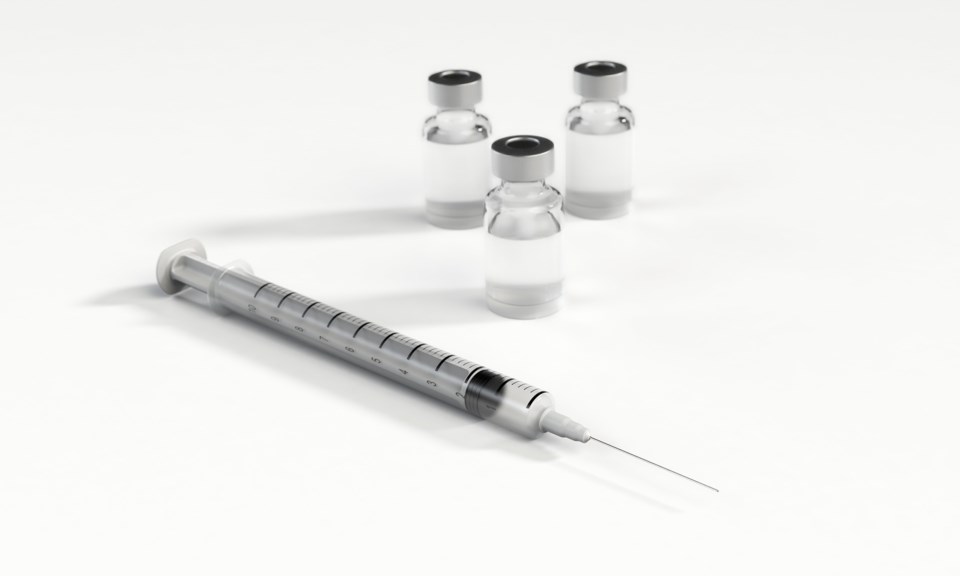A third drug company has announced a high success rate during the late stages of testing for a COVID-19 vaccine.
AstraZeneca said Monday that its vaccine with Oxford University in England was up to 90 per cent effective in preventing the disease.
Its vaccine is one of several that Canada has pre-ordered, including the two announced on the previous two Mondays, U.S.-based Pfizer/BioNTech and Moderna.
AstraZeneca’s results are based on interim analysis of trials in the U.K. and Brazil of a vaccine developed by Oxford University and manufactured by AstraZeneca.
The trial looked at two different dosing regimens. A half dose of the vaccine followed by a full dose at least one month apart was 90 per cent effective.
A second regimen using two full doses one month apart was 62 per cent effective. The combined results showed an average efficacy rate of 70 per cent.
Pfizer/BioNTech and Moderna last week reported preliminary results from late-stage trials showing their vaccines were almost 95 per cent effective.
However, unlike the Pfizer and Moderna vaccines, the Oxford-AstraZeneca candidate doesn't have to be stored at ultra-cold temperatures, making it easier to distribute, especially in developing countries.
All three vaccines must be approved by regulators before they can be widely distributed.
“These findings show that we have an effective vaccine that will save many lives,” said Prof. Andrew Pollard, chief investigator of the Oxford Vaccine Trial.
“Excitingly, we’ve found that one of our dosing regimens may be around 90% effective and if this dosing regime is used, more people could be vaccinated with planned vaccine supply.”



